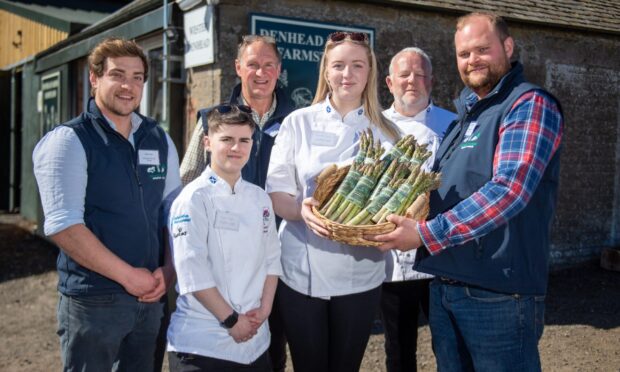The UK is in the midst of an ever-growing surge of new distilleries, many distilling whisky but even more of them gin. On the one hand, that is good news but, as I have written before, I worry that many of these new distilleries will find the market overcrowded and will struggle to survive long-term.
Quite apart from the surge of new whisky distilleries, whisky fans are also faced with countless new “expressions”” of existing single malts as well as a growing choice of new whisky labels and brands offering un-named and, increasingly, NAS (no age statement) Highland, Speyside, Lowland and Islay malts—which can range from the so-so to the well-worth-getting-another-bottle.
However, the real exponential growth spirit at the moment is gin. Many of the new brands come from start-up whisky distilleries producing gin as a cash earner until their casked spirit finally and legally becomes whisky in three years’ time. Some other distilleries are distilling spirit specifically to bottle as gin or vodka.
However, many so-called distilleries are not distilling but bulk-buying high-percentage neutral spirit, supplied by some of the vast grain distilleries, then diluting it and mixing in a list of chosen “botanicals”, mainly juniper berries, to create that special gin flavour.
Many of these new brands are very drinkable but, let’s face it, gin is arguably the world’s top spirit for mixing, primarily with tonic. And, once gin is diluted with tonic, plus the mandatory ice and lemon, it is difficult to distinguish a £42-a-bottle gin from a supermarket’s own brand at a third of the price.
Hence I worry that many of the new gin brands will not see their fifth birthday. True, some will, especially those which are exceptionally good or have big financial muscle behind them from one of the drinks and spirits giants. The fact remains that the big names—Gordon’s, Bombay Sapphire, Greenalls, Tanqueray’s and others—may have seen their market share dented, but they can live with that. They are big in the UK and worldwide.
The minnows fighting for a small share of the UK market may never get to the stage of pushing into export markets, especially amid the ongoing uncertainties of Brexit. What is today Ginesis may well soon become De-Gineration….










